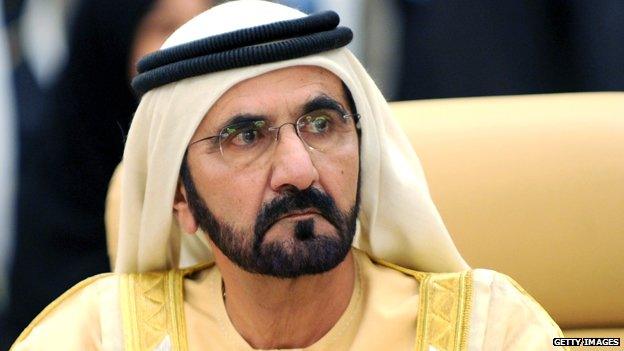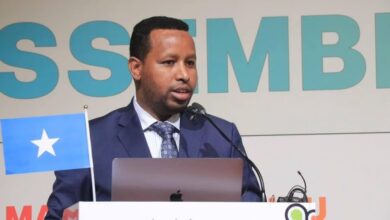The Emirate: A Diplomatic Challenge to Stability in Somalia and East Africa

Mogadishu, Somalia (LM) As East Africa grapples with various challenges to its stability, the role of the Emirate has emerged as a contentious topic in diplomatic circles. Analysts and officials have raised concerns about how Emirati influence may be undermining efforts to achieve peace and security in Somalia and its neighboring countries.
The United Arab Emirates has been involved in East Africa for several years, establishing military bases, investing in infrastructure, and engaging in trade. However, this engagement is often viewed through a lens of skepticism. Critics argue that Emirati interests may not align with the long-term stability and sovereignty of Somalia.
One of the key points of contention is the UAE’s support for certain factions within Somalia like Jubbland, Puntland and Somali land, which some believe exacerbates existing divisions. Jubbaland and Puntland had internal political difference with federal government of Somalia led by H.E Hassan Sheik Mohamud, “While they claim to be promoting stability, their actions often fuel conflict,” said a political expert. This manipulation of local dynamics raises fears about the potential for further destabilization in Somalia already facing challenges from militant groups and political fragmentation.
Moreover, the UAE’s involvement in the broader geopolitical landscape, particularly its ties with rival nations, complicates the situation. As countries like Ethiopia and Kenya navigate their relationships with the Emirate, the potential for diplomatic friction increases. “The Emirate’s influence could create a power imbalance that undermines collective efforts to stabilize the region,” noted a Somali government official.
Efforts to counterbalance Emirati influence have included strengthening ties with other nations and regional organizations. Somalia, alongside its neighbors, is working to foster partnerships that prioritize mutual respect and sovereignty. However, the path to stabilization remains fraught with challenges.
As East Africa continues to steer its complex political landscape, the role of the Emirate will likely remain a focal point in discussions about regional security and cooperation. The necessity for a unified approach to address both external influences and internal divisions is critical for achieving lasting peace in Somalia and its neighboring nations.
Recent reports suggest that the Arab United Emirates (AUE) has been funding Sudan’s Rapid Support Forces (RSF) an armed militia group, in a bid to undermine Sudan’s governance. This revelation has raised serious concerns about the impact of foreign intervention in the already volatile region.
The SRF, which comprises various rebel factions, has been engaged in a protracted conflict against the Sudanese government. Sources indicate that the AUE’s financial and logistical support aimed to destabilize the current administration and exploit the ensuing chaos for regional interests.
However, the tide of conflict has shifted in recent weeks. The Sudanese military, backed by allied forces, has reportedly made significant advances against the SRF, inflicting heavy losses on the militia. “Our forces are committed to restoring stability and securing the nation from all threats,” stated a military spokesperson.
As the situation unfolds, the implications of external funding for armed groups like the SRF are becoming increasingly evident. Analysts warn that such interventions could prolong the conflict and complicate efforts to establish a lasting peace in Sudan.
The international community is closely monitoring the developments, emphasizing the need for dialogue and a comprehensive approach to governance that prioritizes the interests of all Sudanese citizens. As the military consolidates its position, the future of Sudan remains uncertain, with the potential for further escalation if external influences persist.
Leadership Magazine




